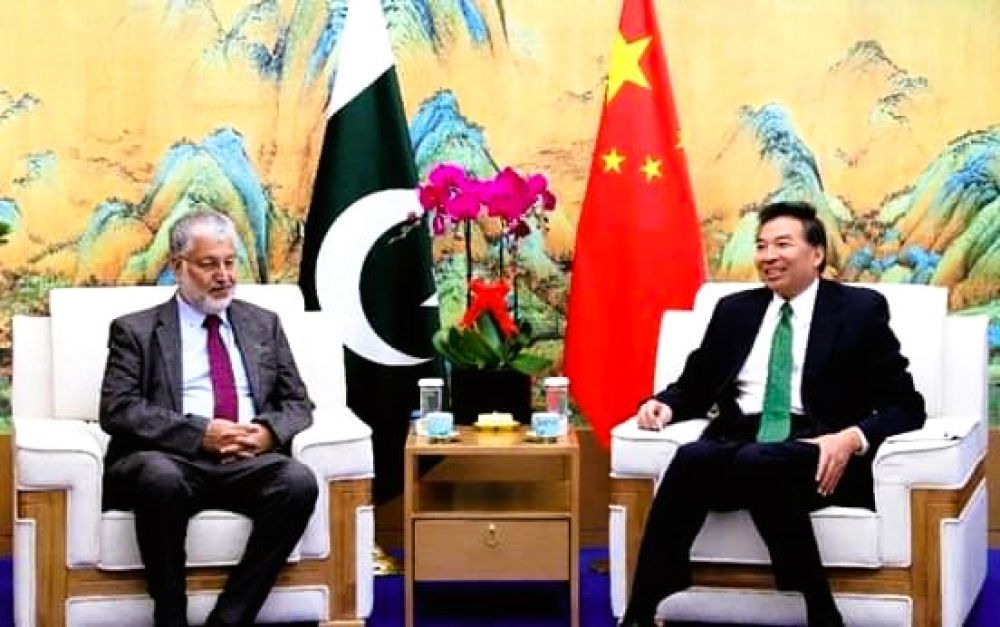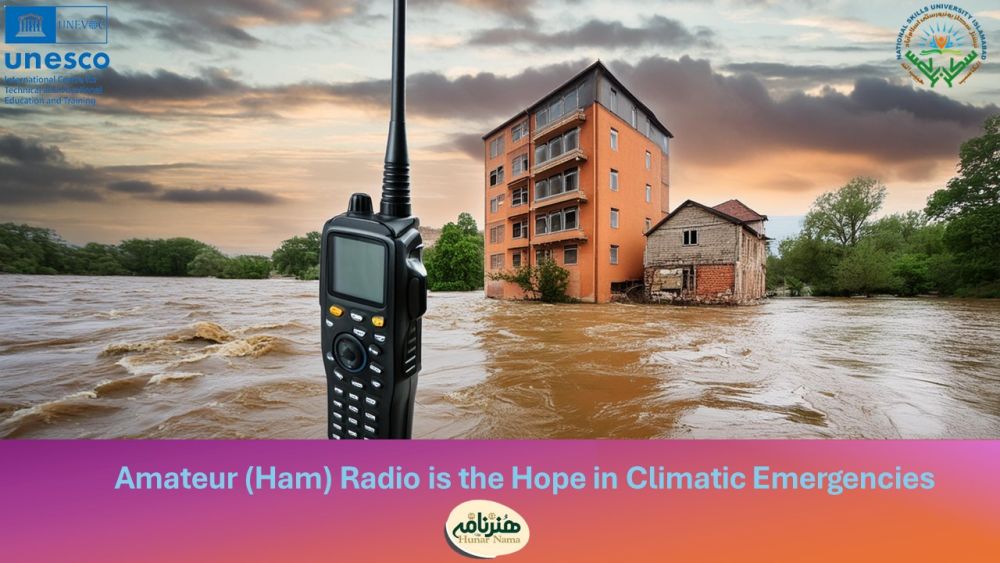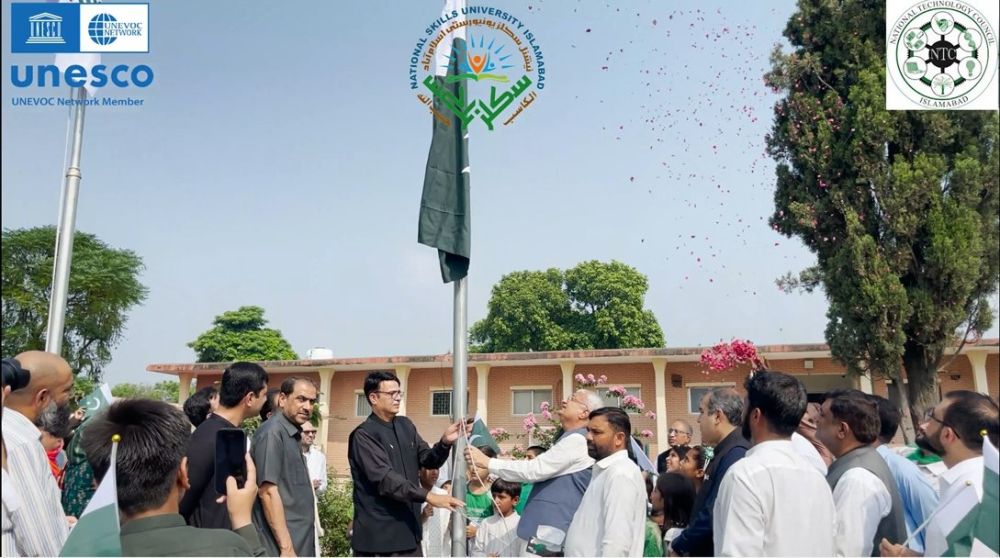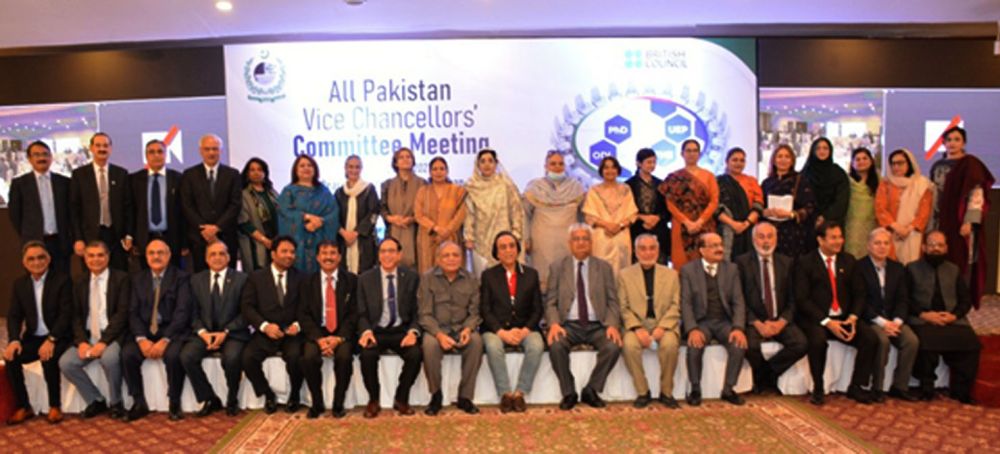167/25 PHEC's Chairperson Vision: Redefining Universities for a Smarter, Stronger Pakistan
Posted 5 months ago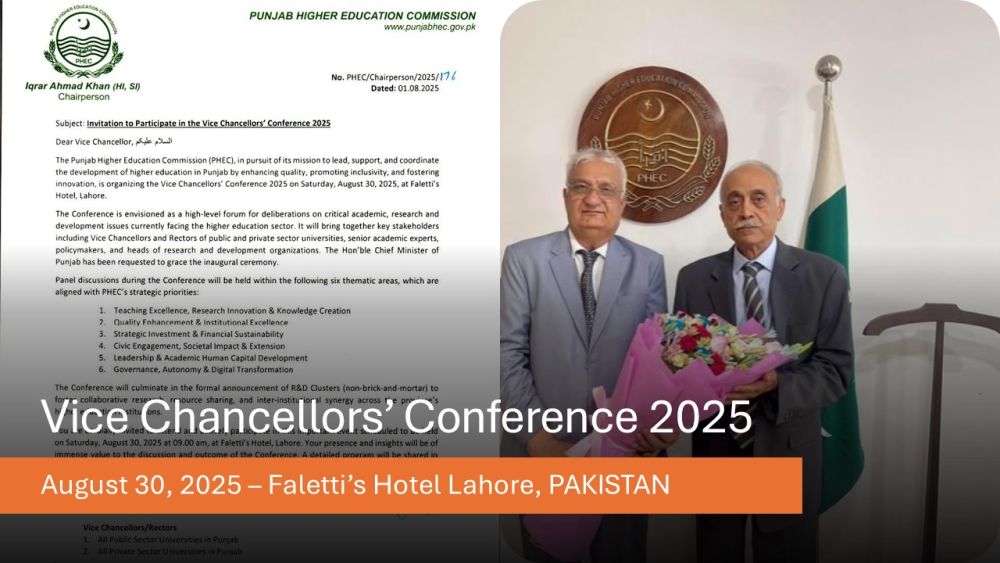
On August 1, 2025, the Chairman of the Punjab Higher Education Commission (PHEC) extended an urgent invitation to all Vice Chancellors of public and private sector universities in the Punjab province. This communiqué, while procedural in format, carries the seeds of a necessary and urgent systemic transformation, thus bridging the widening gap between academia and national development imperatives.
The Paradigm Shift: From Academic Isolation to National Integration
Pakistan's universities have long been accused, rightly or wrongly, of operating in silos, producing degrees instead of ideas, and chasing global rankings while ignoring local impact. The Chairman's letter breaks that tradition. The invitation isn't simply to attend a meeting but an urgent vision for collective introspection and reform. It signals a pivot from viewing universities as ivory towers to recognizing them as pivotal engines for national resilience and economic revitalization.
The letter's language is notably assertive, reflecting the moment's gravity. It acknowledges Pakistan's multifaceted challenges followed by advise to Vice Chancellors to evolve from administrators to architects of solutions for the problems being faced by our youth.
The following is a thematic exploration of the six titles outlined in the invitation, each discussed in detail with the specific realities of Punjab in mind.
1. Relevance of Degree Programs to National Needs
Universities in the Punjab and other provinces of Pakistan produce graduates extensively, but are they solving Pakistan's problems?
This first agenda item calls for deep introspection. The current education model, heavily tilted toward theory, must pivot toward problem-solving, employability, and entrepreneurship. Universities must start asking: Are our programs aligned with national priorities such as climate adaptation, food security, digital economy, or public health?
For example, with Pakistan facing record-breaking climate events, programs in environmental sciences and water resource management must be offered and restructured to include field experience, industry collaboration, and policy advocacy. Engineering faculties must prepare graduates for the Green Energy Transition, like the project launched by the University of Southern Punjab, greening dot live for the environmental science program being offered by the senior leadership of the university. We must come out of 1990s-era infrastructure jobs. Business schools must integrate ethical leadership and impact investing, not just financial modeling.
A national education strategy disconnected from national realities is a liability. The Chairman's letter recognizes that the survival of the country and its institutions depends on aligning degree programs with Pakistan's development vision and socioeconomic development.
2. Role of Universities in Nation Building
The second topic moves from classroom content to institutional conscience. Universities are no longer just places of learning; they are civic institutions with a profound responsibility for shaping society's ethos. Worth mentioning here is the Inter University Consortium for the Promotion of Social Sciences Arts and Humanities established more than a decade ago for providing a program for the universities to work together.
In Punjab's context, this means engaging with rural development, social cohesion, gender equity, and local governance. The province's vast urban-rural divide offers universities both a challenge and an opportunity to act as community innovation hubs.
The role of the university must be reimagined: not just as a degree-granting body but as a nation-building actor that partners with civil society, industries, and government. Whether conducting research that informs agricultural reform in South Punjab or policy briefs that enhance law and justice systems in the province, the university's handprint must be visible across all sectors of public life.
3. Role of Universities in Society and the Local Community
This agenda point narrows the lens to the local ecosystem.
Punjab's cities and towns, from Bahawalpur to Gujrat and Multan to Sialkot, have unique socioeconomic and cultural dynamics. Universities in these areas must become custodians of local identity and engines of community growth.
For example, a university in Faisalabad should naturally become a global knowledge center for textile innovation. One in Chakwal might pioneer research in renewable energy systems adapted for semi-arid zones. The PHEC pushes for a "think global, act local" approach, encouraging universities to listen, learn, and lead in their immediate surroundings.
This also implies a shift in community engagement models from symbolic student volunteerism to structured social impact programs. Universities must embed service learning and social entrepreneurship into their DNA.
4. Use of Technology in Higher Education and Research
With the recent unveiling of the Pakistan Artificial Intelligence Policy 2025, the urgency of digital transformation in universities cannot be overstated.
Universities must transition from chalkboards to cloud-native, AI-enhanced, data-driven institutions. Smart classrooms, learning analytics, AI tutoring systems, blockchain-based credentialing, and open-access research repositories are no longer futuristic fantasies but imminent imperatives.
The PHEC's agenda here is clear: technology is not a support tool, it is a structural element of education. This requires upskilling faculty, investing in edtech platforms, and fostering interdisciplinary innovation.
Research, too, must evolve. Instead of narrowly focused MPhil and PhD studies with limited readership, universities must leverage digital platforms for collaborative, scalable, and policy-relevant research, supported by AI tools for analysis and dissemination.
5. Employability and Entrepreneurial Skills
With youth unemployment reaching worrisome levels despite rising degree holders, universities must work for poor graduate outcomes.
The fifth discussion point addresses the need to embed skills, adaptability, and entrepreneurial thinking across all disciplines. This shift is crucial in Punjab's enormous youth population and rapidly urbanizing economy.
Universities must stop treating career services as optional. Instead, career readiness must be a campus-wide culture. Internships, industry linkages, startup incubation, soft skills workshops, financial literacy, and innovation labs must become standard features, not elite add-ons.
Importantly, this is not only about creating job seekers but also job creators. Universities must foster the mindset and networks for students to launch their ventures, particularly in agri-tech, fintech, health-tech, and creative industries.
6. Role of University Leadership in the Changing Scenario
Finally, none of these reforms can succeed without visionary leadership.
Vice Chancellors/Rectors of both public and private sector universities in Punjab are now being asked to evolve from administrative managers into strategic CEOs of complex, mission-driven institutions. This requires courage, foresight, collaboration, and integrity. Their role is crucial in leading the implementation of these reforms.
PHEC's emphasis on this point reflects an understanding that systems don't transform unless their leaders do. The age of reactive leadership, content with rankings and paperwork is over. The new era demands bold initiatives, tough decisions, stakeholder alignment, and ethical governance.
It also means investing in the leadership pipeline and developing deans, registrars, treasurers, directors, and department heads into dynamic thinkers and enablers of institutional sustainable changes.
The Editor in Chief of the HunarNama believes, this to be a moment of recalibration for Punjab's higher education system. The six themes outlined by the PHEC Chairman offer not just an agenda for an upcoming meeting but a roadmap for relevance, responsibility, and reform.
Punjab has the talent, the institutions, and the demographic advantage to lead Pakistan's academic transformation. What it needs now is willpower, collaboration, and strategic execution.
As the Punjab province's Vice Chancellors prepare to convene under one roof, the message from the PHEC's Chairman is unmistakably clear: Universities need to stop just teaching students how to pass exams and start getting them ready for real newly emerging employability in the Pakistan job markets and worldwide.

